In March 2024, Apple launched the lowest version of the MacBook Air M3 with only 8GB of RAM, priced at $1,099. Many Apple fans were quite disappointed, thinking they were being transported to the 2010s in a time machine. To upgrade to 8GB, MacBook users had to spend another $200.
There's no denying the value of ARM chips from M1 to M3 on MacBooks, but laptop buyers at this point really have to ask themselves "is 8GB of RAM enough for now, let alone 3-4 years from now?".
For comparison, the similarly priced Surface Pro 9 comes with 16GB, as well as a screen and stylus, and a genuine Windows license. Many other Windows laptops in the same price range also come with 16GB as standard, and can often be easily upgraded for as little as $40. So why is Apple making it so difficult for users to get RAM?
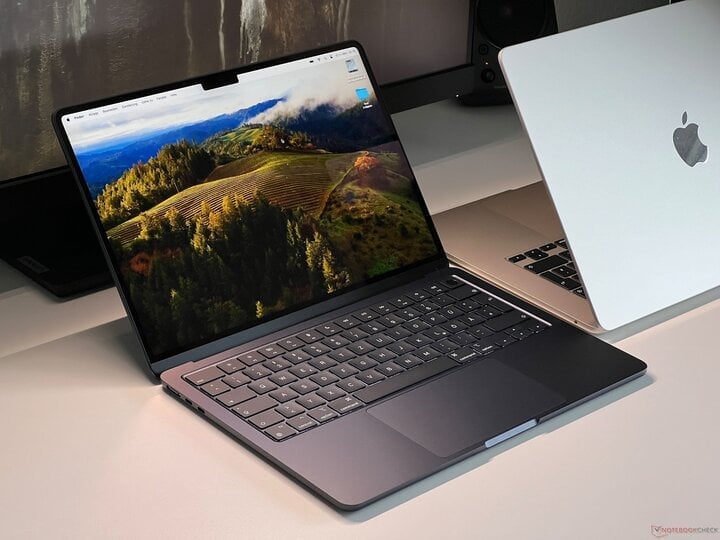
The MacBook Air M3 still offers an 8GB RAM option at $1,099. (Photo: Notebookcheck)
In an interview with IT Home, Apple said that most users don't need more than 8GB of RAM.
Apple marketing chief Evan Buyze claims that most people only use their laptops for web browsing, streaming media files, basic video and photo editing, and "casual gaming."
If that’s true, consumers may wonder why they should buy a thousand-dollar MacBook. They can save $400 on a comparable Surface Laptop Go 3, which will do all of the above tasks with ease. For that kind of need, even many Asus VivoBook laptops in the $400-$500 range can meet that need, and come with 16GB of RAM.
Apple's advantages are design, experience, and MacOS, which largely depend on subjective opinions and user habits. Previously, Apple also boldly claimed that their 8GB of RAM should be equivalent to 16GB of RAM on a Windows laptop, but YouTuber Max Tech checked the reality and found that the truth is not like that.
Apple is about to lose its ARM chip advantage?
Qualcomm's much-hyped Snapdragon X Elite is due out this summer and is expected to be found in upcoming mainstream versions of the Surface Pro 10 line, not to mention other manufacturers.
In terms of performance, the Snapdragon X Elite could even outperform Apple's top-end M3 Pro, while also being more affordable. Some preliminary reports also suggest that Microsoft has heavily improved its Windows on ARM operating system (often referred to as WoA), with higher performance than x86.
ARM processors are generally more power efficient than x86, resulting in cooler, less battery-powered devices while still being powerful. The downside is that Windows is built for the x86 architecture by default, with decades of old programs, games, and tools needing to be emulated to run on ARM.
To deal with this shortcoming, Apple has a solution called Rosetta, but it's likely that this advantage will soon be caught up by Microsoft, and users will no longer be limited to 8GB for $1,099.
Source








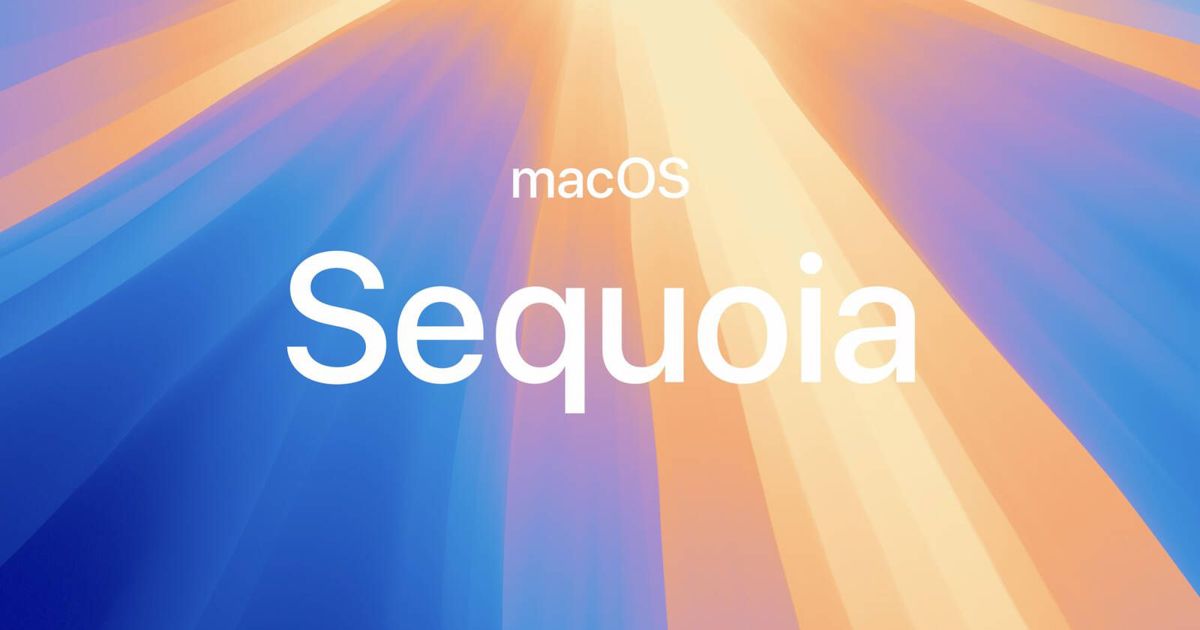




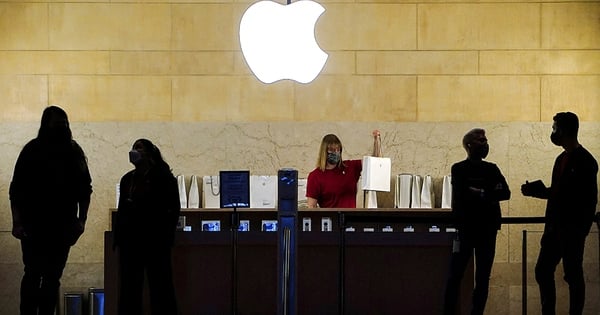

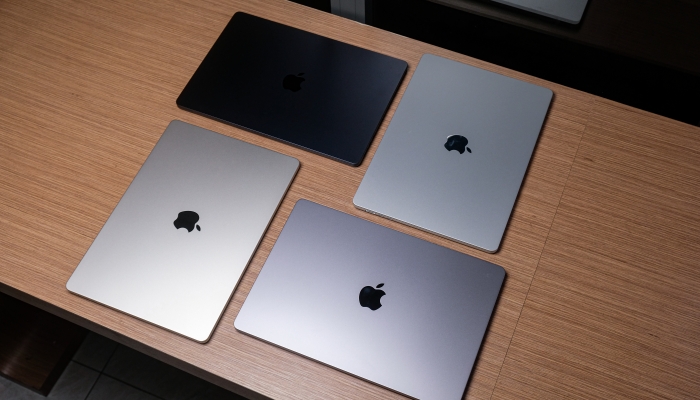

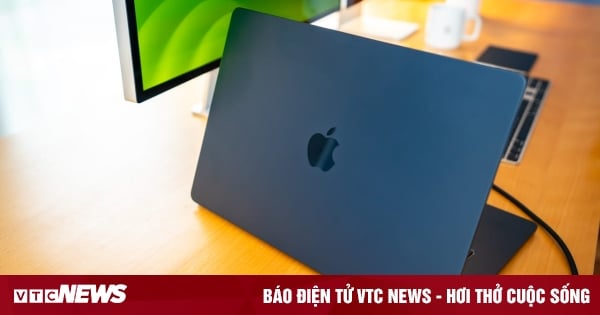





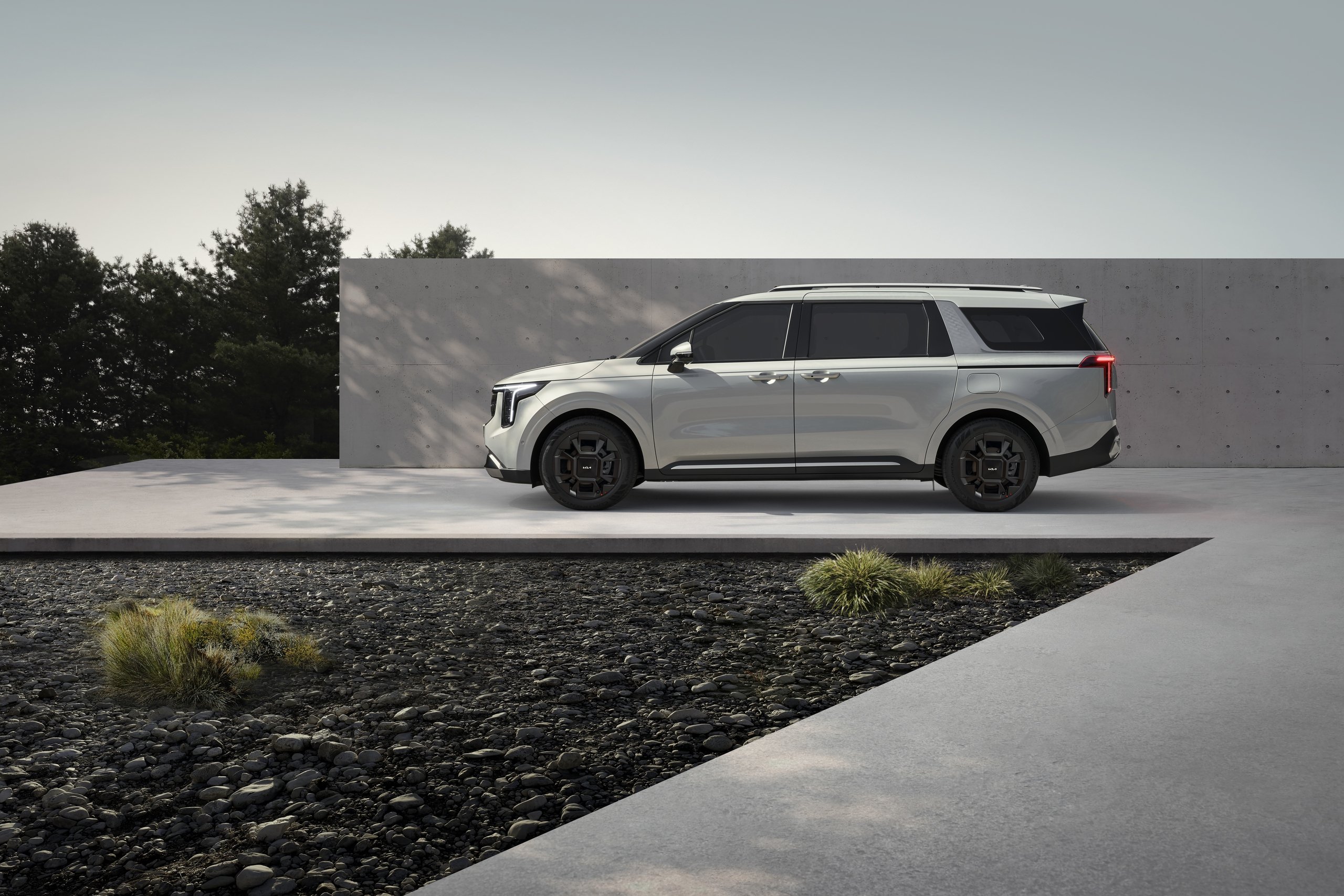














![[Photo] Prime Minister Pham Minh Chinh chairs Government Conference with localities on economic growth](https://vstatic.vietnam.vn/vietnam/resource/IMAGE/2025/2/21/f34583484f2643a2a2b72168a0d64baa)



























































Comment (0)